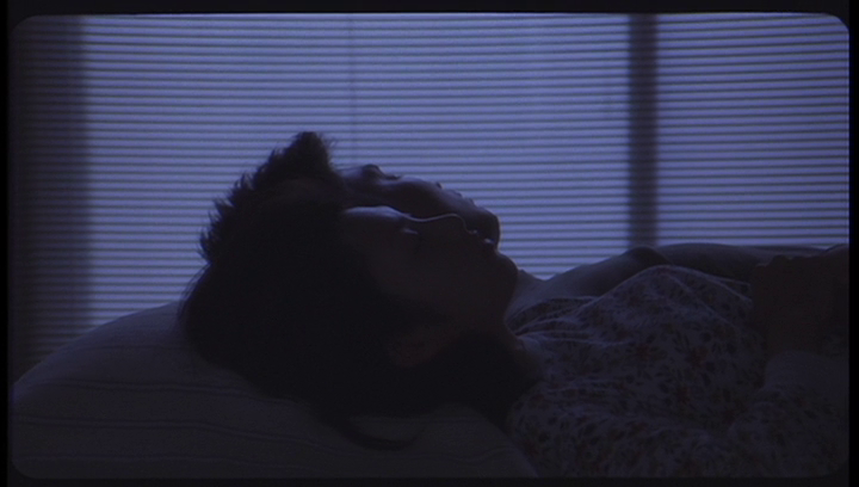|
"Images are a form of discrimination".
The pursuit of happiness - what we all wish to attain - and yet we often fool ourselves into believing such things are mechanical or defined and not a perpetual state of navigation with both the internal (consciousness) and the external (experience). Jun Ichikawa's Tokyo Marigold is deeply affecting and incisive in its ruminations on connection, self-actualization, loneliness, and the indescribable and often untenable nature of deciphering affect. Longing is beautifully rendered but what I think Tokyo Marigold achieves so well is the exhibition and omnipresence of social experience, recognizing how much of our intentions and desires are sculpted by social interaction, observation, and engagement. The difficulty of finding happiness is often rooted in our ability to decipher what we see and experience externally with what we feel internally. There is just such an elegance to the formal arrangements, with Tokyo Marigold being so acutely designed yet what I've already appreciated about Ichikawa is how this expressivist style never feels forced or overt, it sneaks up on the viewer through his use of composition, mise-en-scene, and visual assembly. Ichikawa as a filmmaker clearly recognizes the power of the image, and I've found all his films to be beautifully constructed, but I think what I love so much about Tokyo Marigold is how he engages with how such images in our day-to-day life inform our own idealism about relationships, love, or happiness. Also, perhaps this is reductive or facile, but I couldn't help but feel like this film has had some influence on Ryusuke Hamaguchi's work - or at least, I would imagine he is a fan of this film, and likely Ichikawa's work in general.
0 Comments
Leave a Reply. |
AuthorLove of all things cinema brought me here. Archives
June 2023
|

 RSS Feed
RSS Feed
